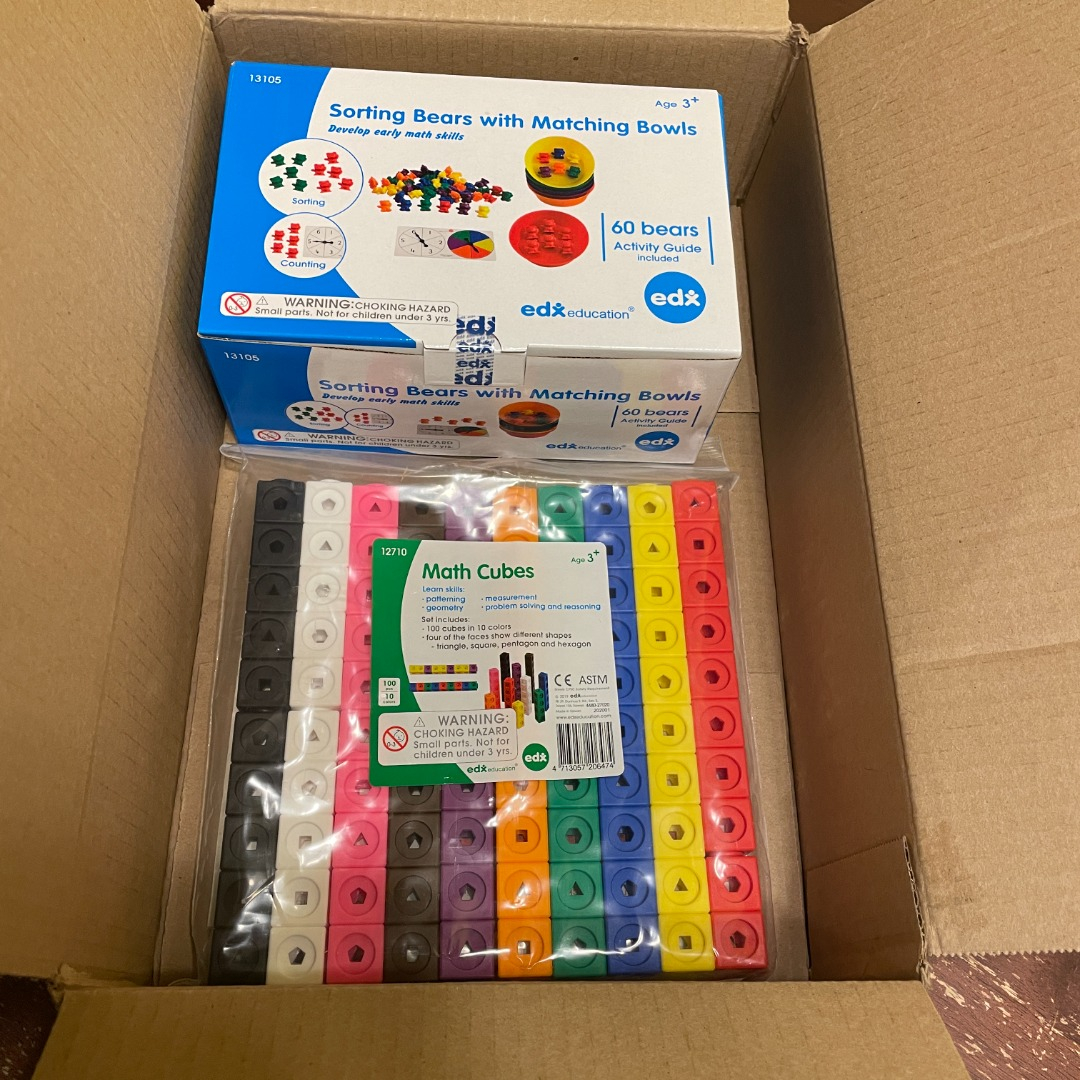School and Illness: Should Your Child Stay Home?
Fevers, stomach aches, coughs, and congestion are unfortunate but not uncommon symptoms children display as they battle germs at the playground and in the classroom. The difficult question for parents and guardians is: How sick is too sick for your children to go to school?
Individual schools will have their regulations and guidelines for sick students, and depending on your child’s illness, so will their doctor. You should adhere to their advice and requests whenever applicable. But, in many cases, the final say for your child staying home or attending school when they’re under the weather is up to you. You can follow these tips below to help you make a decision both you and your child feel good about.
Fever
The CDC and education system recommend that children remain fever-free for 24 hours or longer without fever-reducing medications like ibuprofen and acetaminophen before returning to school. A fever is a temperature of 100.4 degrees Fahrenheit or higher.
According to Harvard Health, fevers are generally signs of infection, indicating that their ailment is contagious. Even though you can give them medications that reduce their fever and alleviate discomfort, they can still pass a disease to others.
If your child’s temperature is higher than normal but remains under the 100.4 degrees mark, you should determine their school attendance based on how they’re feeling and their school’s recommendations. If the nurse wants to send them home or they’re struggling to get out of bed in the morning, a day or two resting at home is the best course of action.
Highly Contagious Diseases
Certain illnesses, like strep throat and pink eye, tend to run rampant through kids’ schools. With the high amount of contact between children, the most effective way to mitigate the spread of these diseases is to keep kids home whenever they display symptoms. If they have a sore throat, have difficulty swallowing, or contract a sudden fever, they may have strep. If their eyes are irritated or display abnormal discharge, they may have pink eye or a similar infection.
Doctors treat viral infections with antibiotics to prevent their spread and speed up the recovery of the afflicted individual. If you suspect your child might have one, you should keep them out of school until their prescribed antibiotics have dealt with the bacteria, which usually takes a couple of days.
Stomach Issues
Another common ailment for school children is abdominal pain ranging from mild to severe. Stomach pain and indigestion are good reasons to keep your child home from school. Instead of constantly looking for the bathroom, you can ease their discomfort at home with heat pads and medicine.
With this symptom, children may also be unmotivated to eat. They may be nauseous or regularly vomiting. While you can’t force your children to eat as much as you’d prefer when they’re sick, you can opt for gentler foods like saltine crackers and broth that will give your child essential nutrients and calories without further upsetting their stomachs. Small yet frequent amounts of fluid can help them remain hydrated and promote healing. You can only do these techniques when kids stay at home.
Coughing
Coughing is common, especially when the cold season comes around. With the right cough medicine for kids, their symptoms can be mild enough to perform well and enjoy school. However, if their coughing is non-stop, or they’re experiencing breathing problems, it’s better to refrain from going to school where kids are likely to try and participate in games and physical activities during recess.
COVID-19
The COVID-19 pandemic and its aftermath have and will continue to change the way we handle sick days. Health officials usually recommend that kids stay home when they display symptoms, even if they're mild. Check in with the school’s policy to learn how to approach COVID-19 symptoms in your household.
Conclusion
When it comes to your child's health, it’s best to err on the side of caution. They should stay home and rest until they recover if their symptoms and behaviors interfere with their ability to perform tasks at school or if they have a highly contagious disease that could quickly spread to their peers and teachers. At the end of the day, following your intuition will help you make the right decision. Consult your child’s doctor for any worrisome symptoms, and monitor your child’s well-being. You want to strike a balance between letting your child rest when they need it and ensuring that they get the most out of school.




